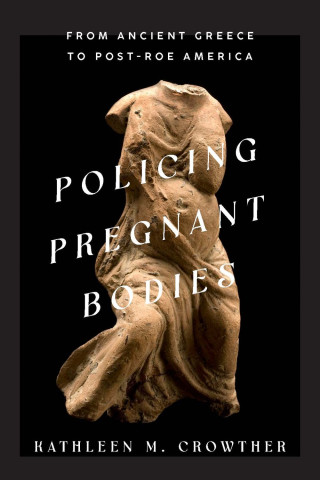There might be a book summary of this book on a companion website. There already is a summary of a book concerning the roles of women in medieval times, which overlaps this one to some extent. See also, Skimmed, which has some overlapping themes.
An NPR interview involves a discussion of the book, including her concern for the "bun in the oven" metaphor. As an aside, it can be quite useful to contemplate common sayings and expressions. Expressions such as "chickenhearted" are directly covered in this book.
I enjoyed the book overall. It is not a comprehensive account by any means (it specifically says so), especially with a focus on Western viewpoints. This is acceptable and appropriate (up to a point) when examining our own views. Nonetheless, it would be interesting to read about African and Asian views on this subject, if any conflict, which I'm sure they do somehow.
I also was annoyed at the suggestion that it was a myth to say a glass of orange juice is cheaper than a can of Coke. A can of Coke in a store is about a dollar. Maybe, you can get one cheaper if you buy a pack at the supermarket. But, a half gallon of orange juice has eight servings. How much does she think it costs? Eight dollars?
(I question the idea that a Big Mac is cheaper than a comparable serving of lean chicken too, except perhaps as a matter of raw calories.)
The book has an interesting discussion of the soul, particularly philosophical understandings of its role as a "life force" in living things. Also, there is a discussion on beliefs involving embryology, which provides an interesting examination of previous thought.
Overall, she argues that focusing on the fetus with the woman as a "vessel" (the whole bun in the oven concept; bread is largely prepared before being placed in the oven) still influences today's understandings and public policies. Ditto the ancient view of the heart as the location of the soul (or the emotional part that is a basic part of humanity; Vulcans have a rational soul; humans have emotions) regarding fetal heartbeat laws.
There is also a basic lesson that we should trust women. Historically, women were deemed untrustworthy creatures, who could not even manage to tell you when they truly became pregnant. They also had inferior bodies as compared to men. The fact they had a "bun in the oven," perhaps fueled by menstrual blood (potentially poisonous!) downgrades even the role they play in the development of a baby.
The book has many black and white photographs. It also is around two hundred pages (minus notes and such) with large margins. These days, two hundred or so pages is a good length for me. The book also is not written in an overly academic tone.
It is recommended.


No comments:
Post a Comment
Thanks for your .02!